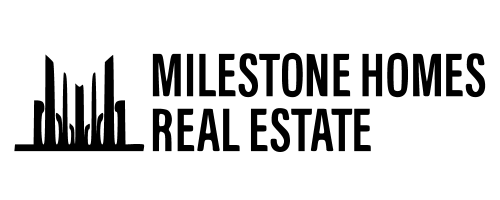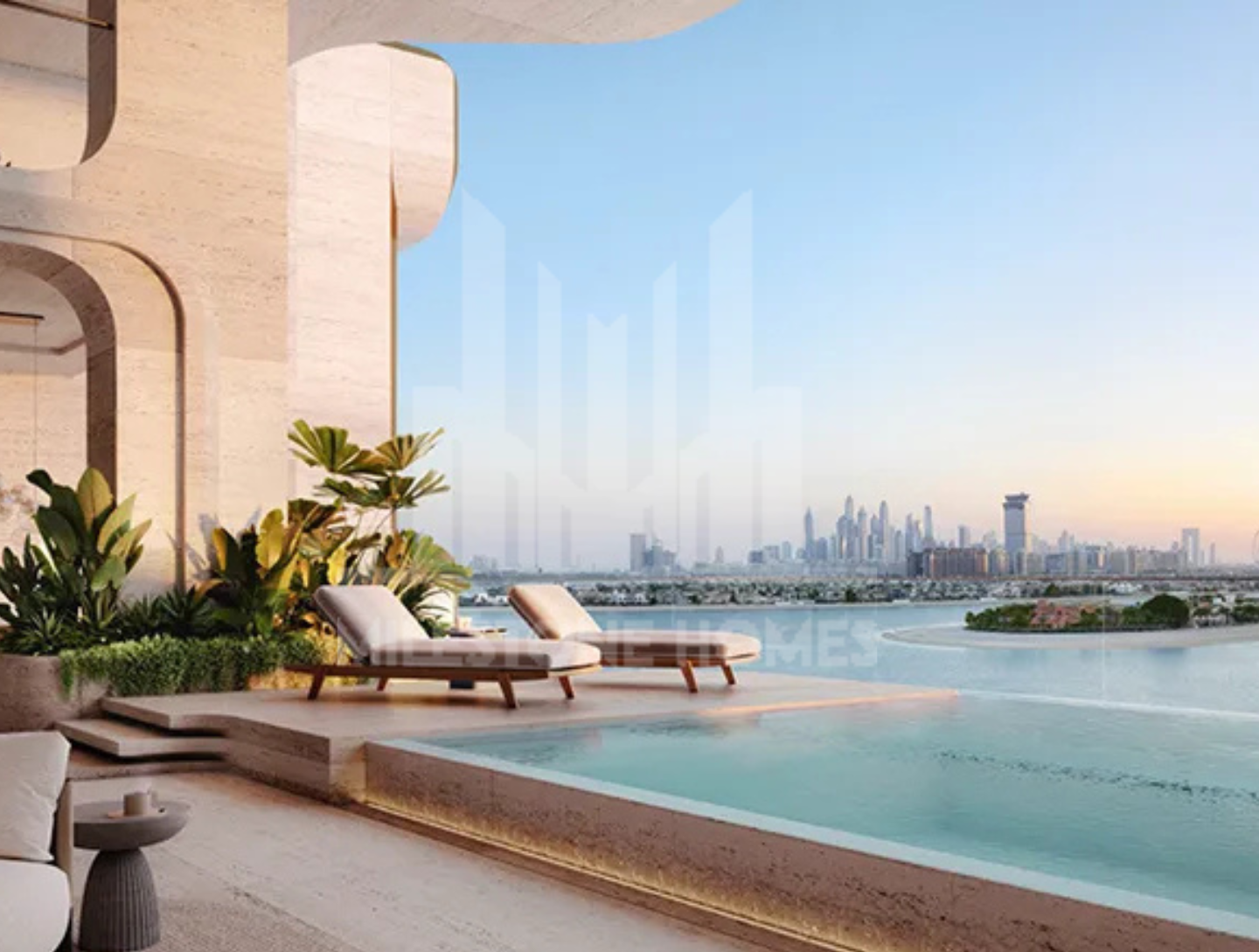Pricing your property correctly is one of the most critical steps in the home-selling process. If you set it too high, it might back off potential buyers. And if the price is too low, you risk leaving money on the table. That’s where the expertise of a real estate agent comes in. With a blend of data, market knowledge, and professional tools, Milestone Homes agents work to determine the best-selling price for your property.
Here are the factors they consider while doing it.
Conducting a Comparative Market Analysis (CMA)
A comparative market analysis is an important factor in property pricing. Your agent will review a variety of data points to ensure an accurate price estimate:
- Recently Sold Homes
These properties provide the most reliable benchmark for pricing. Agents analyze homes in your area that have sold within the past three to six months, focusing on properties with Similar square footage, Comparable number of bedrooms and bathrooms, and matching construction age and style
- Active Listings
While recently sold homes show what buyers are willing to pay, active listings reveal the current competition. Agents look at properties currently on the market that share characteristics similar to your home to price your property competitively.
- Expired and Withdrawn Listings
These properties failed to sell, often due to being overpriced or misrepresented. Studying these listings helps agents avoid similar pitfalls when pricing your home.
- Adjustments for Unique Features
No two homes are exactly alike. Agents adjust pricing based on factors like:
- Renovations and upgrades (e.g., a remodeled kitchen or bathroom)
- Lot size and location-specific points (e.g., waterfront or corner lots)
- Special features such as smart homes, solar panels, or other eco-friendly features.
By combining this data, agents create a detailed report that serves as the foundation for setting your property’s price.
Evaluating the Location
Location is a critical factor that heavily influences property value. Agents go deeply into several aspects to assess how the location impacts your home’s price:
- Neighborhood Desirability
Properties in prime areas of Dubai often command higher prices. Agents evaluate factors like:
- Proximity to renowned schools, such as those in Dubai’s education hubs
- Availability of amenities like parks, beaches, and recreational facilities
- Accessibility to premier shopping destinations like Dubai Mall or Mall of the Emirates.
- Infrastructure and Development
Dubai’s rapid development plays a significant role in property pricing. Agents consider:
- Proximity to major infrastructure projects like Dubai Metro lines or Expo City Dubai
- Upcoming developments such as new malls, resorts, or business districts
- Connectivity improvements, including new roadways and public transport options
- Local Market Trends
Agents analyze Dubai-specific market trends, such as:
- The impact of investor interest on specific areas like Downtown Dubai or Dubai Marina
- Seasonal demand fluctuations due to tourism peaks
- The popularity of freehold zones among expatriates and investors
- Views from the property, such as sea, skyline, or desert landscapes
- Proximity to busy areas like Sheikh Zayed Road versus quieter residential zones
By carefully evaluating these elements, agents determine how the location’s unique attributes enhance the property’s value.
Assessing Property Features and Conditions
Every property is unique, and agents carefully analyze a wide range of features and the overall condition of the home:
- Size and Layout
- Larger homes with more square footage generally fetch higher prices.
- The layout is equally important: open-concept floor plans or homes with efficient space utilization are often more desirable.
- Unique configurations, such as duplexes or penthouses, may attract buyers and command premium pricing.
- Renovations and Upgrades
- Agents assess any recent renovations, such as upgraded kitchens or bathrooms, as these can significantly increase the value.
- The inclusion of modern technology, such as smart home systems, energy-efficient appliances, or advanced security systems, adds to the appeal.
Condition and Maintenance
- A well-maintained home lets the buyer know that the property has been cared for, reducing the risk of unexpected repairs.
- Agents evaluate the condition of essential systems such as plumbing, electrical, and HVAC, as well as the roof and foundation.
- Aesthetic Appeal
- Homes with contemporary or timeless designs often appeal to a broader audience.
- Stylish finishes, high-quality materials, and tasteful decor can enhance the value of the property.
- Appeal and Landscaping
- The exterior of the home is a buyer’s first impression. A well-maintained facade, fresh paint, and manicured landscaping can attract more interest.
- Additional outdoor features, such as a private garden, swimming pool, or rooftop terrace, are highly valued in Dubai’s real estate market.
- Special Features and Unique Selling Points
- Homes with distinctive characteristics, such as private elevators, custom interiors, or panoramic views of the Dubai skyline or waterfront, stand out in the market.
- Exclusive access to amenities like private beaches, golf courses, or marina also adds value.
Considering Market Conditions
Market conditions play an important role in determining property prices. Real estate agents evaluate various factors that shape the broader market environment:
- Supply and Demand Dynamics
- Seller’s Market: When there is low inventory and high buyer demand, properties often sell quickly and at higher prices. This is common in prime Dubai locations like Downtown Dubai or Palm Jumeirah.
- Buyer’s Market: An oversupply of properties can lead to price reductions, as buyers have more negotiating power.
- Seasonal Trends
- Dubai’s real estate market often experiences seasonal fluctuations. The cooler months, particularly between October and March, see increased buyer interest due to tourism and expatriate relocations.
- Agents take these seasonal trends into account when determining the optimal time and price to list a property.
- Interest Rates and Financing
- Lower interest rates can stimulate demand by making mortgages more affordable, potentially driving up property prices.
- Also, rising interest rates can slow down buyer enthusiasm, leading to slower sales and downward pressure on prices.
- Government Policies and Initiatives
- Changes in government regulations, such as property visa schemes, can significantly affect market dynamics.
- Initiatives like Expo 2020 and Dubai’s focus on sustainable development have boosted demand in specific sectors of the market.
- Investor Sentiment
- The influx of foreign investors, driven by Dubai’s tax-free status and investment-friendly policies, impacts property demand and pricing.
- Agents consider the preferences and behaviors of both local and international investors when setting prices.
Utilizing Professional Tools and Technology
Modern technology and professional tools empower agents to list property pricing with precision. Here’s how:
- Online Valuation Tools
- Platforms like Property Finder, Bayut, and Dubizzle provide automated valuation estimates based on recent transactions and data trends.
- Agents use these tools as a starting point, supplementing them with their market expertise and local insights to refine the suggested pricing.
- Real-Time Market Dashboards
- Advanced software provides agents with up-to-date market statistics, such as average days on the market, price per square foot, and buyer demand.
- Real-time insights enable agents to make decisions and respond swiftly to market shifts.
- Professional Photography and Virtual Tours
- High-quality visuals, including drone photography and 360-degree virtual tours, enhance online listings and attract more potential buyers.
- These tools highlight the property’s features, making it stand out in a competitive market.
- Pricing Algorithms
Some agents use AI-powered pricing algorithms that analyze vast datasets, including historical trends and buyer behavior, to recommend the best pricing.
By utilizing these tools, real estate agents bring accuracy and efficiency to the pricing process, ensuring your property is positioned to attract the right buyers at the right price.
Incorporating Inspection Insights
If a pre-sale inspection reveals issues like outdated systems or structural problems, these factors can affect pricing. Transparency about these matters helps avoid surprises during negotiations.
When selling property in Dubai, one important factor that can significantly impact the final sale price is the property inspection. Inspections provide an objective, detailed evaluation of the condition of the property, which can either support or adjust the estimated market value. Real estate agents incorporate these insights to ensure that the property is priced accurately.
Balancing Seller Goals
When selling a property in Dubai, balancing seller goals with market realities and buyer expectations is key to a successful sale. Sellers often have specific goals in mind. Whether it’s achieving a particular price, closing quickly, or selling with minimal hassle. However, these goals must be aligned with the conditions of the real estate market. Experienced real estate agents like Milestone Homes are experts at managing these goals while ensuring that the property is priced competitively to attract serious buyers.
In conclusion, balancing seller goals with market realities is crucial to a successful property sale in Dubai. By conducting a thorough market analysis, adjusting for the property’s condition, and pricing and negotiation techniques, agents help sellers achieve their desired outcomes. A thoughtful approach to pricing, combined with expert guidance, Milestone Homes ensures that sellers can navigate the complexities of the Dubai real estate market and make confident decisions for a successful sale.




